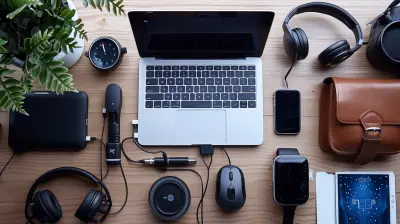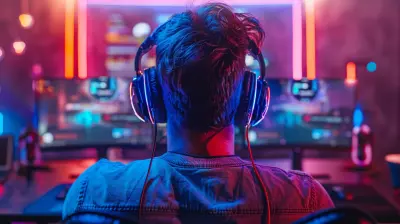The Best Wearable Tech for Monitoring Your Sleep Patterns
12 September 2025
If you're anything like me, you've probably spent more than a few nights tossing and turning, wondering why you just can't get a good night's sleep. Whether it's stress, too much screen time, or that late-night snack of pizza (oops), figuring out what’s messing with your sleep can feel like trying to solve a mystery. Thankfully, we live in an age where technology can help decode those sleepless nights. Yup, I'm talking about wearable tech for sleep monitoring!
Wearable tech has made leaps and bounds over the years, and now, more than ever, it's being used to track and improve sleep patterns. From smartwatches to fitness bands, these gadgets are packed with sensors and algorithms that help you understand what’s happening when you close your eyes. But with so many options out there, how do you choose the best one?
In this article, we’re diving into the best wearable tech for monitoring your sleep patterns, breaking down the features that actually matter, and helping you find the perfect sleep companion.
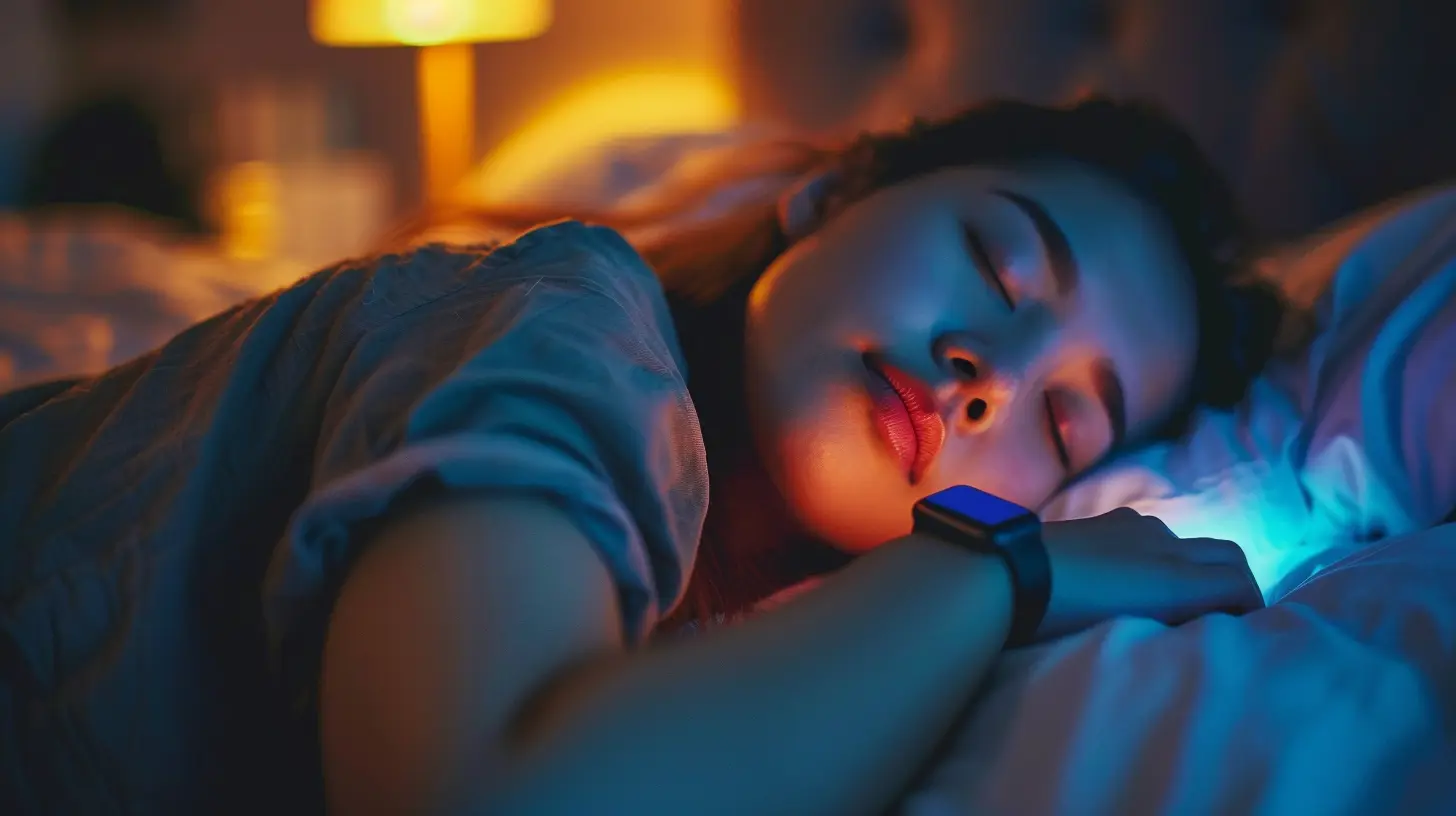
Why Monitor Your Sleep?
Before we get into the nitty-gritty, let’s quickly chat about why you should even care about monitoring your sleep. We all know sleep is essential, but most people don’t realize how much of an impact poor sleep can have on their overall health. From mood swings and lack of focus to increased risk of chronic diseases like heart disease and diabetes, sleep affects everything.But here's the thing: it's not just about how long you sleep. The quality of your sleep matters just as much. Are you spending enough time in deep sleep? Are you waking up throughout the night without realizing it? This is where sleep tracking comes into play. Wearable tech can give you insights into your sleep cycles, helping you make tweaks to your routine to ensure you're getting the quality rest your body needs.
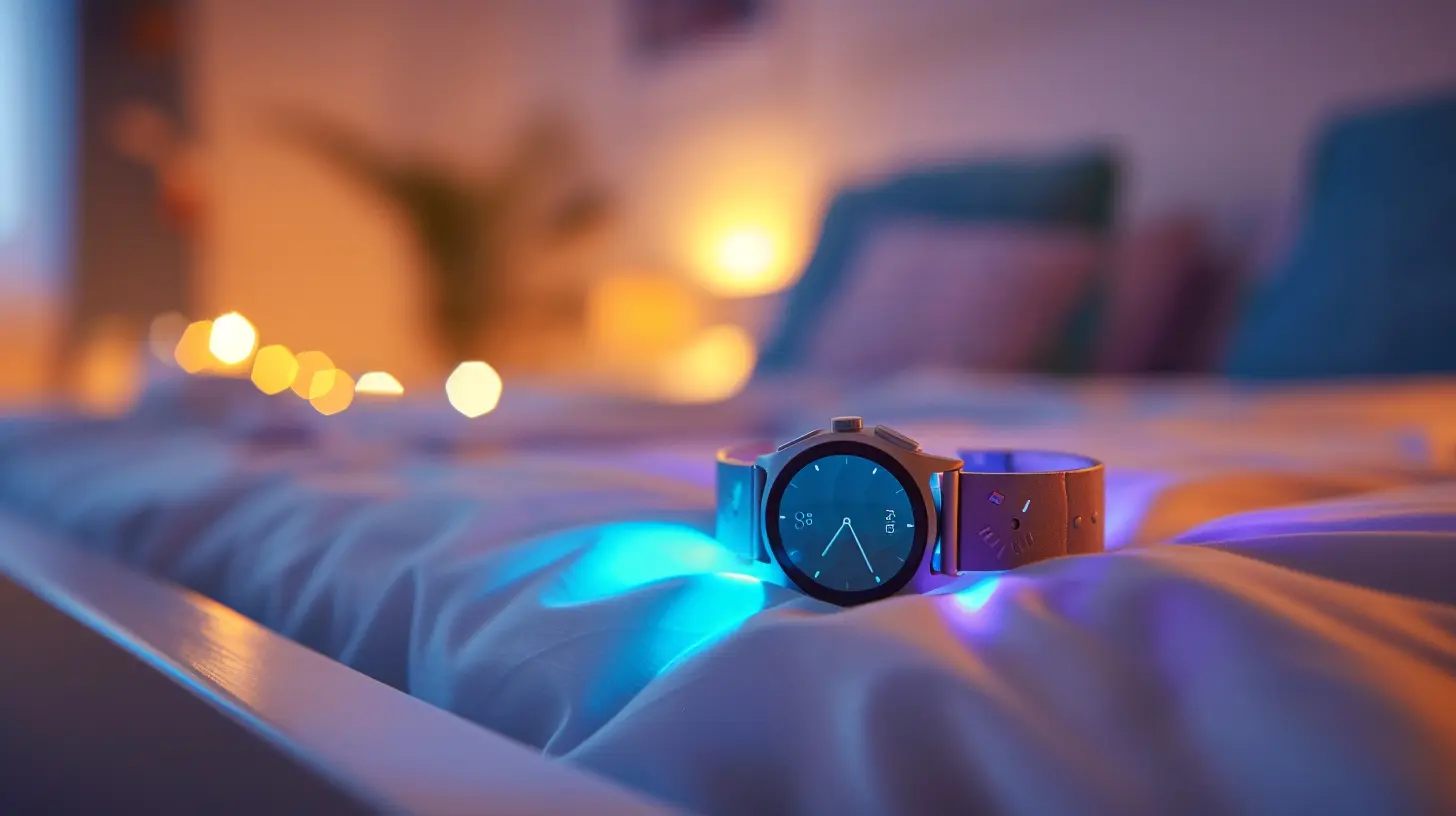
What to Look for in a Wearable Sleep Tracker
Not all wearables are created equal, especially when it comes to sleep tracking. So, what should you be looking for? Here's a quick rundown:1. Sleep Stages Tracking
A good sleep tracker doesn’t just tell you how long you slept. It’ll break down your night into different stages: light sleep, deep sleep, and REM sleep. Each of these stages plays a crucial role in your overall well-being. For instance, deep sleep is where your body does the most repair, while REM sleep is important for your brain and memory.2. Heart Rate Monitoring
Some wearables come with heart rate sensors that can track your heart rate variability (HRV) while you sleep. This can give you clues about how restful your sleep was and how well your body is recovering from the day.3. SpO2 Monitoring
SpO2, or blood oxygen levels, can be a game-changer for sleep tracking, especially if you snore or have sleep apnea. A drop in blood oxygen levels throughout the night can indicate breathing problems, which can seriously affect your sleep quality.4. Comfort and Battery Life
If you’re going to wear something to bed every night, it better be comfortable, right? A bulky or uncomfortable device can actually disrupt your sleep. Also, a wearable with a long battery life ensures you won’t need to charge it every night, making it more convenient.5. Smart Alarms
Some trackers come with smart alarms that wake you up during your lightest sleep phase. This can help you feel more refreshed in the morning compared to being yanked out of a deep sleep by a traditional alarm.6. App Integration
The data from your wearable should be easy to access and understand. A good app will not only show you your sleep stats but will also provide insights and suggestions on how to improve your sleep.Now that we’ve got the basics out of the way, let’s move on to the fun part — the best wearables for sleep tracking!
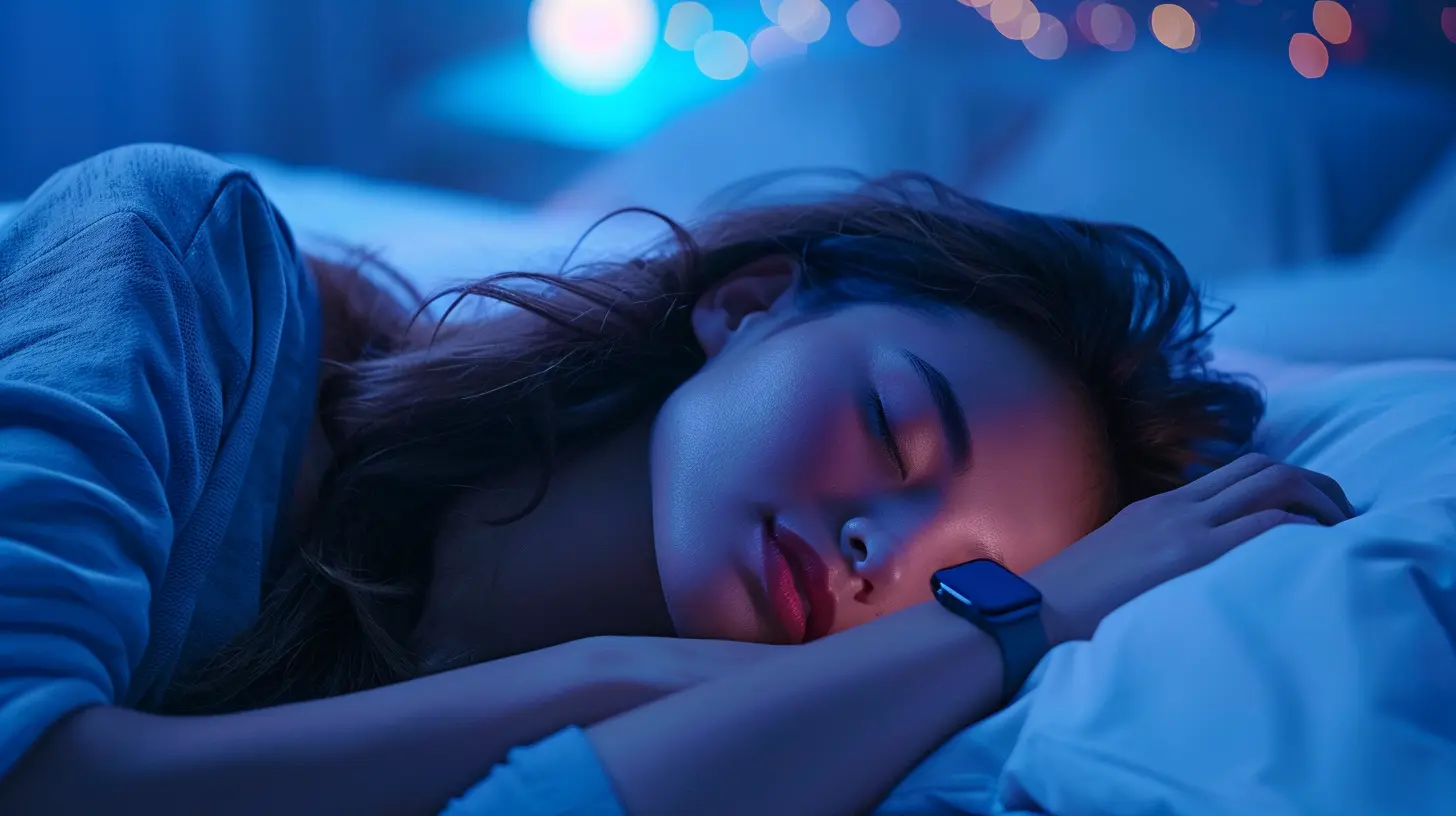
The Best Wearable Tech for Monitoring Your Sleep Patterns
Here are some of the top wearables that excel in sleep tracking. Whether you're an Apple fanatic, a Fitbit loyalist, or someone looking for a more niche device, there's something for everyone.1. Fitbit Sense 2
Fitbit has been a leader in fitness and health tracking for years, and the Fitbit Sense 2 takes things to the next level, especially when it comes to sleep monitoring. With advanced sensors, the Sense 2 tracks your heart rate, SpO2 levels, and even skin temperature, giving you a complete picture of your sleep health.One of the standout features is its sleep score, which breaks down your sleep into light, deep, and REM stages and gives you a simple score based on your overall sleep quality. Plus, it has a smart alarm that wakes you up during your lightest sleep phase, so you feel more refreshed.
Why it’s great for sleep tracking:
- Tracks sleep stages
- SpO2 and heart rate variability tracking
- Smart alarm feature
- Comfortable for overnight wear
2. Oura Ring
If wearing a watch to bed sounds uncomfortable, the Oura Ring might be your new best friend. This sleek and lightweight ring is packed with sensors that measure your sleep stages, heart rate, and body temperature. One of Oura's biggest selling points is its accuracy. Since it's worn on your finger, it provides a more consistent reading of your vital signs.The Oura Ring app presents your sleep data in a simple, easy-to-understand manner, and it even gives you a readiness score in the morning, letting you know if you’re well-rested or if you should take it easy that day.
Why it’s great for sleep tracking:
- Ultra-comfortable
- Detailed sleep analysis
- Temperature tracking
- Readiness score for better recovery insights
3. Whoop Strap 4.0
The Whoop Strap 4.0 isn’t your typical smartwatch or fitness tracker. In fact, it doesn't have a screen at all. Instead, it focuses on providing in-depth insights into your body's recovery and performance, with sleep tracking being a huge part of that.Whoop tracks your sleep stages, heart rate variability, and respiratory rate, and it even uses this data to give you personalized recovery advice. If you’re someone who's serious about performance and recovery, Whoop's detailed sleep data and actionable insights make it a top choice.
Why it’s great for sleep tracking:
- In-depth sleep and recovery insights
- Tracks heart rate variability and respiratory rate
- Personalized recovery advice
- Comfortable and lightweight
4. Apple Watch Series 8
The Apple Watch Series 8 may not have been designed specifically for sleep tracking, but it does a pretty impressive job nonetheless. With watchOS updates, Apple has added sleep stage tracking, allowing the Series 8 to monitor light, deep, and REM sleep, as well as your heart rate and blood oxygen levels.Plus, if you’re already in the Apple ecosystem, the Apple Watch integrates seamlessly with your iPhone and Health app, giving you a holistic view of your overall health and fitness.
Why it’s great for sleep tracking:
- Tracks sleep stages
- Heart rate and SpO2 monitoring
- Integrates with the Apple ecosystem
- Stylish and functional for all-day wear
5. Garmin Venu 2 Plus
Garmin has made a name for itself in the world of fitness tracking, and the Garmin Venu 2 Plus is no exception. When it comes to sleep monitoring, this wearable offers advanced sleep tracking features like sleep stage analysis, pulse oximetry (SpO2) tracking, and heart rate monitoring.One cool feature that sets Garmin apart is its Body Battery feature, which uses your sleep and activity data to calculate your energy levels throughout the day. This can help you understand how well you recovered overnight and if you should take it easy or push yourself.
Why it’s great for sleep tracking:
- Tracks sleep stages and SpO2 levels
- Body Battery feature for daily energy insights
- Long battery life (up to 9 days)
- Great for fitness enthusiasts
6. Amazfit GTR 3 Pro
For those who want a budget-friendly option without sacrificing too many features, the Amazfit GTR 3 Pro is a solid choice. While it may not have all the bells and whistles of higher-end devices, it still offers reliable sleep tracking, including monitoring REM sleep, deep sleep, light sleep, and even naps.The GTR 3 Pro also includes SpO2 tracking and heart rate monitoring, plus it integrates with the Zepp app, which provides detailed insights into your sleep and overall health.
Why it’s great for sleep tracking:
- Budget-friendly
- Tracks all sleep stages
- SpO2 and heart rate monitoring
- Long battery life (up to 12 days)
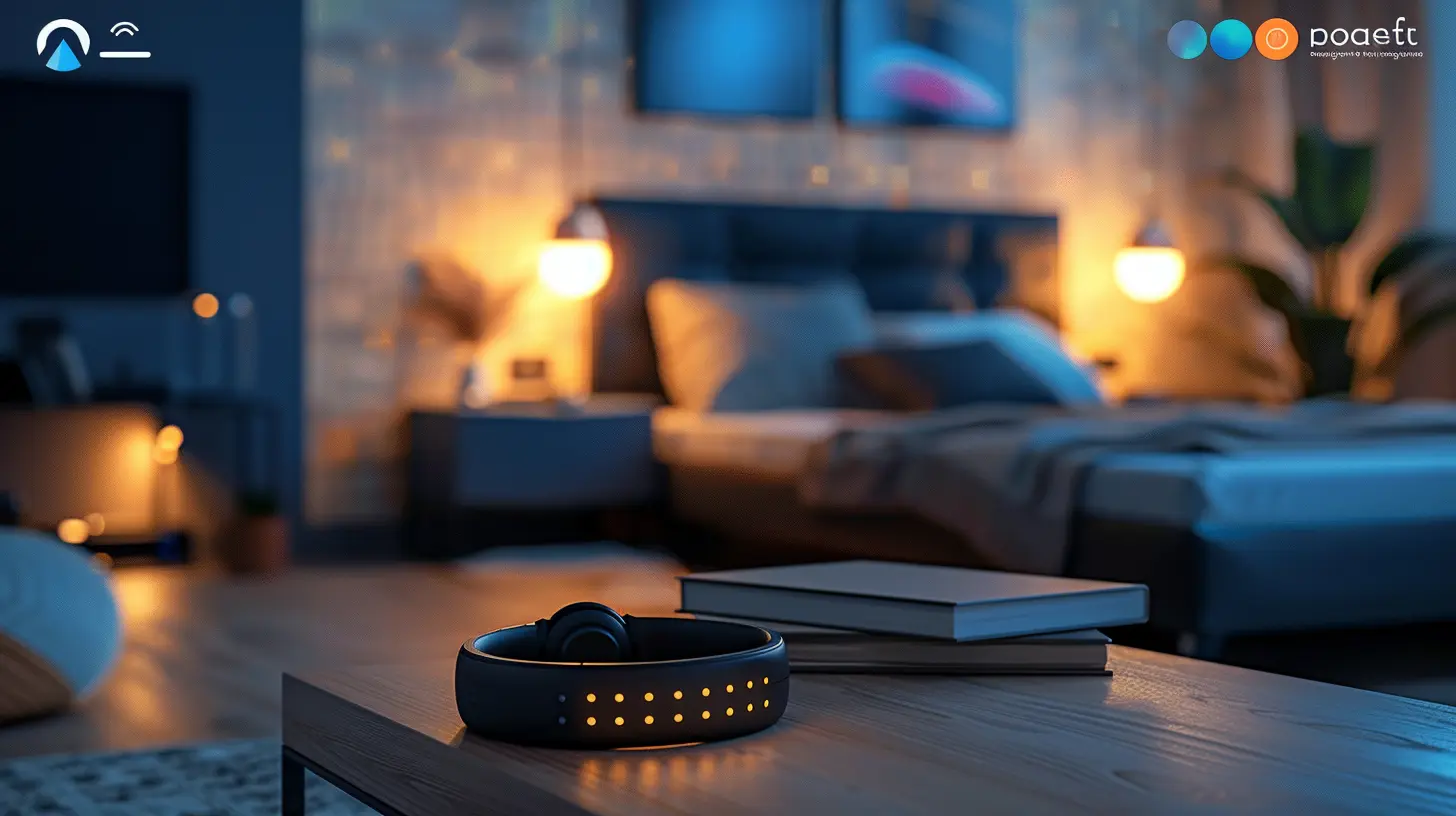
Making the Most of Your Sleep Data
So, you’ve chosen your wearable, and now you’re getting all this data about your sleep. What next? The key to improving your sleep lies in using that data to make informed changes to your routine. Here are a few tips:- Stick to a Regular Sleep Schedule: Consistency is key. Try to go to bed and wake up at the same time every day, even on weekends.
- Optimize Your Sleep Environment: Make sure your bedroom is cool, dark, and quiet. Consider using blackout curtains, earplugs, or a white noise machine if necessary.
- Limit Screen Time Before Bed: Blue light from your phone or tablet can mess with your body’s natural sleep-wake cycle. Try to avoid screens at least an hour before bed.
- Use Your Wearable’s Smart Alarm: If your device has a smart alarm, take advantage of it! Waking up during a light sleep phase will help you feel more refreshed.
Conclusion
In a world where we’re constantly on the go, sleep should be a top priority. With the help of wearable tech, you can gain valuable insights into your sleep patterns and make the adjustments needed to ensure you’re getting the rest you need. Whether you’re looking for a sleek ring like the Oura, an in-depth tracker like the Whoop, or an all-around smartwatch like the Apple Watch Series 8, there’s a wearable out there for everyone.Remember, though: while these gadgets can provide helpful data, they’re only tools. The real magic happens when you use that data to make meaningful changes to your sleep routine. So, pick your wearable, start tracking, and get ready for some seriously good sleep.
all images in this post were generated using AI tools
Category:
Gadget ReviewsAuthor:

Michael Robinson
Discussion
rate this article
1 comments
Zacharias Hernandez
Great overview! This article highlights essential wearables that can significantly improve sleep quality and overall health management.
September 12, 2025 at 2:22 AM

Michael Robinson
Thank you! I'm glad you found the article helpful in exploring how wearables can enhance sleep and wellness.
